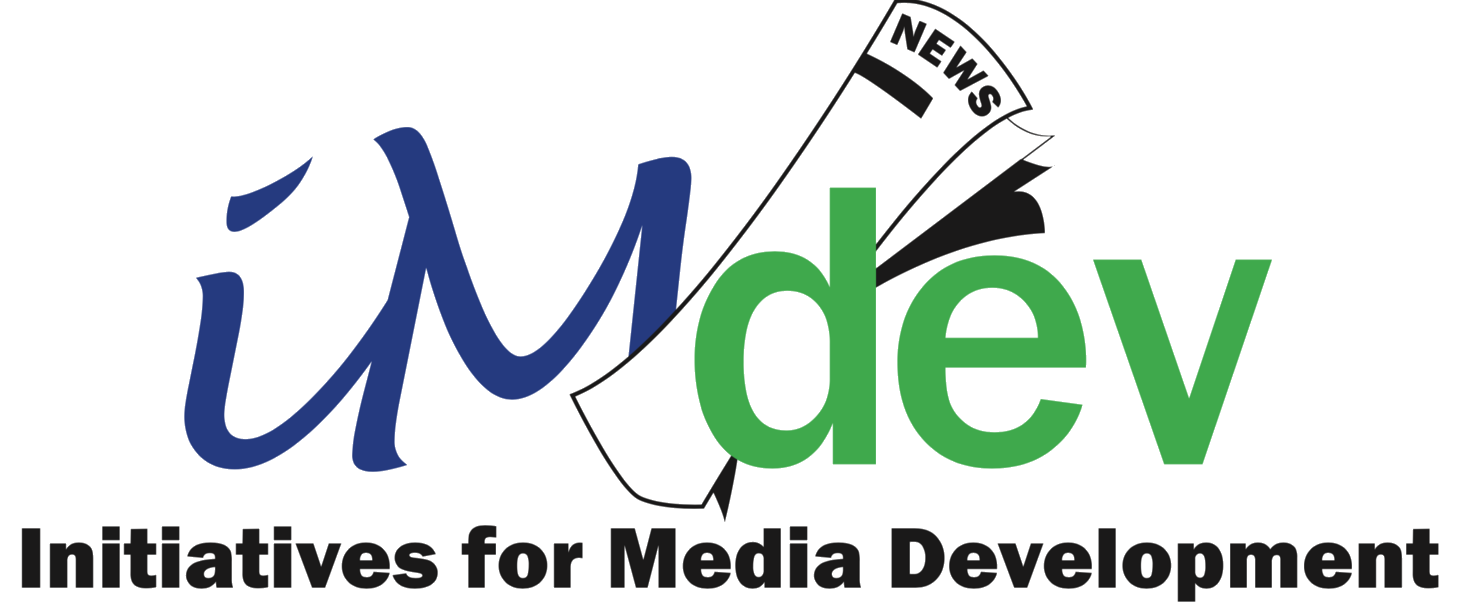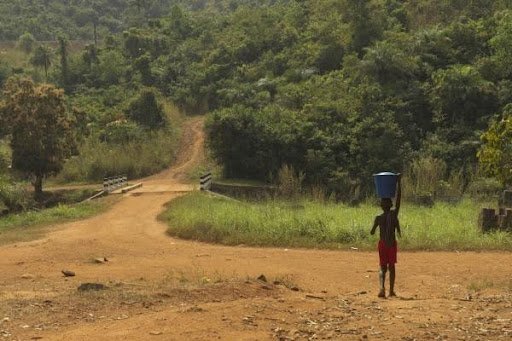


In Doya village, Port Loko district, Sierra Leone, water scarcity is a critical issue affecting the development of children, especially in education. Every morning and evening, children rush to nearby streams to fetch water, which is often untreated and poses health risks. This routine leaves many of them arriving at school very late, impacting their academic performance.
The lack of clean water in the community has dire consequences. According to the World Health Organization (WHO), about half of the population in developing countries suffer from water-related diseases, including diarrhoea caused by contaminated food and water. Tragically, over 3 million children under the age of 5 die annually from diarrheal diseases contracted through drinking water.
Alice (not her real name), a young girl in Doya village, bears the burden of household chores while the boys do nothing. Despite her aunt's promise to support her education until university, Alice is struggling to keep up with her responsibilities and her studies. Without access to clean water, her growth and child development are at risk, and her performance in school is suffering.
The situation in Doya village is not an isolated case. Thousands of school children across Sierra Leone face the same challenges. Without clean water, education becomes nearly impossible, leading to high dropout rates, particularly for girls.
The community is calling on the government and non-governmental organizations to construct hand-dug wells at schools, which would have a broad community impact. Access to clean water would help students stay healthy and remain in class, unlocking their full potential.
However, water supplies in rural areas are inadequate and unequal, exacerbating the disparities between urban and rural communities. Many students have to walk long distances to fetch water from polluted streams during the dry season. Improving water security is crucial for the health and well-being of these communities.
The people in remote communities lack education and technical skills to address the water crisis effectively. Basic measures like using bamboo or carved wood to channel water are temporary and require regular rebuilding. Harvesting rainwater is also a challenge during the dry season.
Addressing water scarcity in Doya village and similar communities requires concerted efforts from the government, NGOs, and the international community. Access to clean water is not just a basic necessity; it is a key enabler for education, health, and overall development. By investing in water infrastructure, we can unlock the potential of every child and ensure a brighter future for Sierra Leone.
End